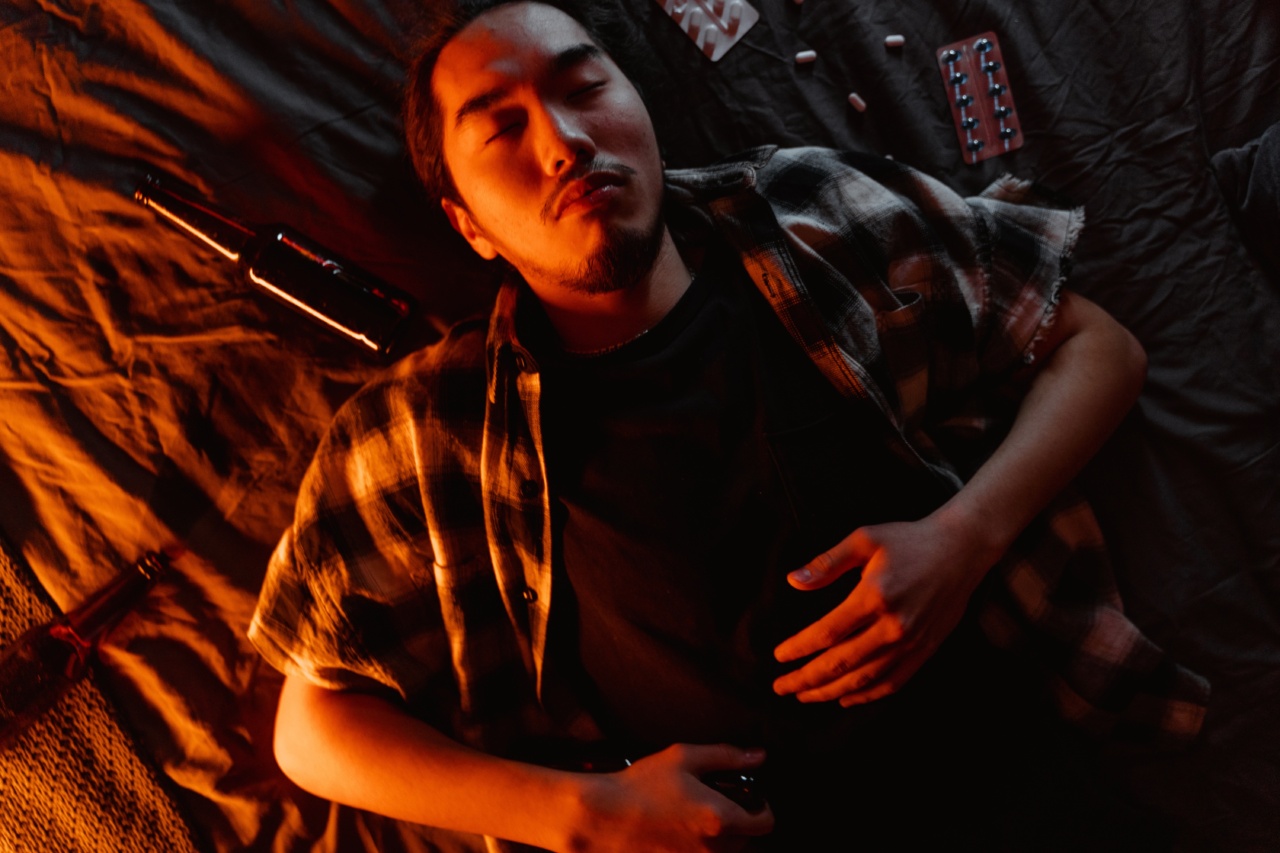Sleeping pills are often prescribed to help individuals with insomnia or other sleep disorders fall asleep and stay asleep.
These medications work by depressing the central nervous system, which helps to reduce anxiety and promotes relaxation, making it easier to fall asleep. However, the use of sleeping pills has been linked to a variety of potential risks and negative side effects. As a result, many experts are questioning whether these medications are actually causing more harm than good.
What are the Risks of Sleeping Pills?
Despite their common use, sleeping pills have been linked to a number of potential risks and negative side effects. These include:.
- Dependency: Sleeping pills can be habit-forming, leading to dependency and addiction.
- Withdrawal Symptoms: When an individual stops taking sleeping pills, they may experience withdrawal symptoms that can be severe and difficult to manage.
- Side Effects: Sleeping pills can cause a range of side effects, including dizziness, confusion, memory problems, and more.
- Tolerance: Over time, many individuals who take sleeping pills may develop a tolerance to the medication, making it less effective and requiring higher doses.
- Drug Interactions: Sleeping pills can interact with other medications, including prescription drugs, over-the-counter medicines, and herbal supplements, potentially causing serious side effects.
Are Sleeping Pills Safe?
The use of sleeping pills can be safe for some individuals, but it is important to understand the potential risks and side effects associated with these medications.
In general, experts recommend that individuals only use sleeping pills for short-term relief of insomnia or other sleep disorders, and that they take the medication under the supervision of a healthcare provider. Additionally, other non-medical methods for improving sleep, such as improving sleep hygiene, may be more effective and less risky than using medication.
Alternatives to Sleeping Pills
For individuals who are looking for alternatives to sleeping pills, there are a number of non-medical methods that can promote better sleep. These include:.
- Improving Sleep Hygiene: Basic steps, such as maintaining a regular sleep schedule, avoiding stimulants before bed, and creating a comfortable sleep environment can help promote better sleep.
- Cognitive Behavioral Therapy: This form of therapy can help individuals identify and address negative thoughts, beliefs, and behaviors that may be interfering with sleep.
- Relaxation Techniques: Techniques such as meditation, deep breathing, and progressive muscle relaxation can help promote relaxation and reduce anxiety, making it easier to fall asleep.
- Exercise: Regular exercise can help improve sleep quality and duration, as well as reduce anxiety and stress.
Conclusion
While sleeping pills can be helpful for individuals with insomnia or other sleep disorders, they also come with a range of potential risks and negative side effects.
As a result, many experts are questioning whether the use of medication is actually causing more harm than good. For individuals struggling with sleep, exploring non-medical options such as improving sleep hygiene, cognitive behavioral therapy, and relaxation techniques may be a safer and more effective way to promote better sleep.






























